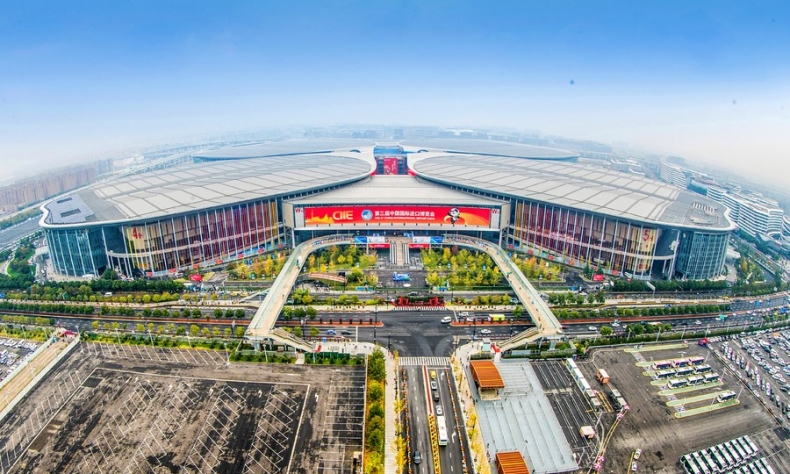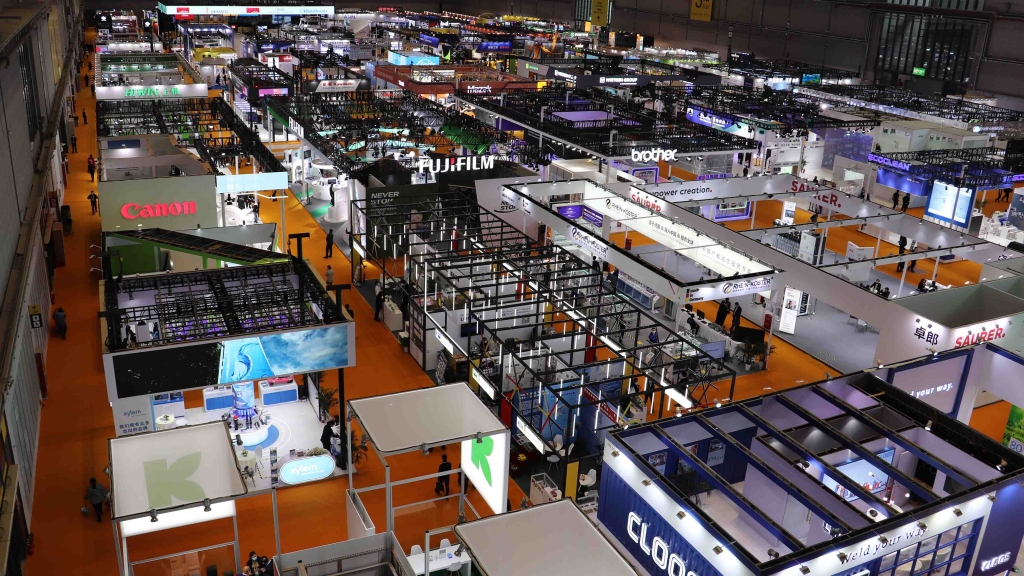CIIE: Wider Opening-up to Advance ‘Dual Circulation’ Development Pattern

China’s continued opening-up along with its vigorous international circulation may play a stabilizing role within the global economy. Meanwhile, China’s gigantic domestic demand, while being released in its domestic circulation, will lead to its sustained economic growth and further opening-up.
The 3rd China International Import Expo (CIIE), which opened in Shanghai on Wednesday, sends a signal that China will further open its markets and bolsters confidence in a global economic recovery in the wake of the COVID-19 pandemic. It also serves as a boost for the country’s new “dual circulation” development pattern.
Just a few months ago, the Chinese leadership released a new strategy of “dual circulation.” The new policy aims to promote domestic consumption, and expand trade and investment by unblocking domestic circulation and promoting international circulation.
Needless to say, it pays to understand the “dual circulation” strategy in the context of a changing world. The structural shift in global economic alignment, which was brought about by the 2008 global financial crisis and accelerated by the recent U.S.-China trade war, as well as the worsening geopolitical situation, calls for an adjustment of economic development models.
In addition to the economic rationale and changing international environment, the need to promote sustainable and even domestic economic development among regions has also helped contribute to the introduction of the “dual circulation” policy.
Intriguingly, although according to the official explanation, “dual circulation” is designed not only to accelerate the cultivation of a complete domestic demand system and to implement the strategy of boosting domestic demand, but also to deliver higher levels of opening-up for increased trade and investment, some people mistakenly believe that China will shift its economic development policy from opening-up to domestic consumption.
Contrary to this misunderstanding, the Chinese government has not ceased efforts to open up its economy since introducing the policy. It has focused on establishing and perfecting the business environment through such methods as implementing its newly adopted Foreign Investment Law. Various steps have also been taken to enhance trade facilitation and promote investment.
The number of restrictive measures on the national negative list for foreign investment has been cut from 40 to 33, thus making the Chinese market more accessible for foreign investment. Meanwhile, the number of pilot free trade zones has been increased from 18 to 21, thus forming a pattern of ever-expanding opening-up. In addition, the Master Plan for the Development of Hainan Free Trade Port and the Implementation Plan for Further Reform and Opening-up in Shenzhen have both been released and taken effect with a view to introducing even higher levels of opening-up.
Moreover, the past few months have also witnessed noticeable progress in high-standard free trade agreement negotiations, development of demonstration zones for the creative promotion of import trade, protection of intellectual property rights, and the advancement of high-quality Belt and Road cooperation.
In this regard, the scaled-up 3rd CIIE demonstrates China’s sincere desire to share its market opportunities with the rest of the world. Acting as a major platform for international procurement, investment promotion, cultural exchange and open cooperation, this global trade event has become an international public good for China to share with the rest of the world and to help foster global economic recovery.
Against the backdrop of the raging COVID-19 pandemic, as well as the historic economic recession and increasing political uncertainty in the U.S., China’s continued opening-up along with its vigorous international circulation may play a stabilizing role within the global economy. Meanwhile, China’s gigantic domestic demand, while being released in its domestic circulation, will lead to its sustained economic growth and further opening-up.
Professor Kong Qingjiang is Dean of the School of International Law, China University of Political Science and Law.
 Facebook
Facebook
 Twitter
Twitter
 Linkedin
Linkedin
 Google +
Google +











